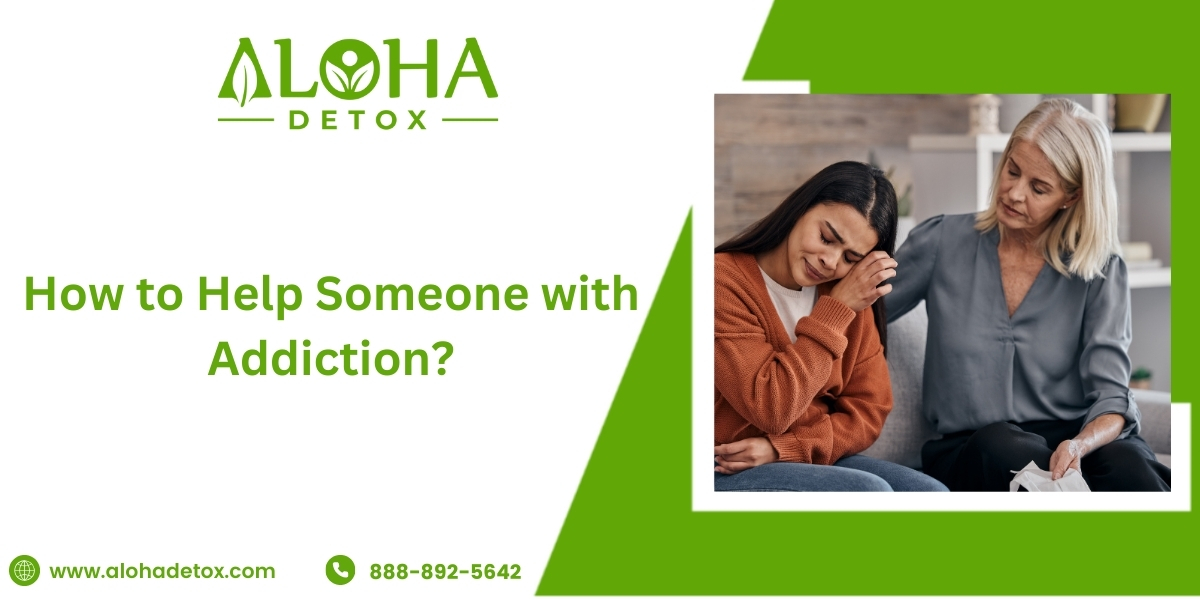
How to Help Someone with Addiction?
The challenges and jeopardy are not only associated with the addict but it is inherited and revolved around friends and families. From legal problems to emotional pain and physical damage, addiction can cripple inside out and often swell the problem instead of diminishing it. If you also know someone suffering from alcohol or drug addiction, you want to help them, but usually, you experience denial or hostility.
No matter how many barriers you face, but professional help from Intensive Patient Treatment Florida is the only cure.
However, helping someone struggling with substance and alcohol is not an easy venture, it doesn’t involve any magic bullet that would stop your loved one from using it. But it will provide them with a blueprint to hinder the problems associated with alcohol or substances while following a path toward sobriety.
How to know if your loved one is struggling with addiction?
Signs of Addiction
As an enabler, you need to recognize early signs and symptoms of addiction to help them with their problems. However, these could differ on the type and intensity of addiction. Many people hide their addiction even if they indulge in the severity and face issues. Some of the common problems addicts suffer include:-
Behavioral Changes
- Developing problems at work
- Denying substance dependency
- Quickly getting angry when asked about their use
- Boycotting old friends and accompanying people who are already in substance use.
- Secretive behavior like lying and stealing
- Mood swings
- Quitting social activities.
Physical changes
- Often intoxicated
- Problems associated with the memory of cognition
- Usually lethargic or bloodshot eyes
- Weight fluctuations
- Hallucinations
- Poor hygiene and grooming
Tips to help someone with addiction
Helping someone is not as simple as reaching out to them. There would be many scenarios related to confrontation, inducing fear, reluctance, or indecision. Still, you need to approach the topic compassionately and strategically so they can opt for Intensive inpatient treatment detox.
- Get Educated
Before approaching your loved one, you must educate yourself on the ins and out drugs, abuse, and addiction. Research about addiction treatment options and pricking deeply about what happens, and what to expect in a rehab program can help you dispel some of the uncertainty and fear of the addict.
- Plan an intervention
Elucidate addicts about the negative impacts of the drug or alcohol and how it has majorly affected their lives. Choose a time when your loved ones are sober and in an approachable state of mind. Intensive Inpatient treatment can help you plan out a post-intervention strategy and ways to convince your loved ones. Be patient and build trust with addicts so they can rely on your decision or comprehend that whatever you are doing is for their well-being. While it can be frustrating, stressful, and evenly heartbreaking but remember the decision to change is theirs.
- Consider Professional Intervention
Professionals help you draft out a way to convince the addict. On average, about 90 percent of strugglers commit to getting into treatment after an intervention. However, intervention can be potentially challenging, nerve-wracking, and stressful, and the consequences that stem from the discussion could worsen, but there are higher chances that your loved ones would get back on track.
If you want to get professional guidance for Intensive patient treatment in Florida for your loved ones, do not hesitate to reach out to Aloha detox treatment. We will help you out to discuss strategies and approaches for intervention.
At Aloha detox, we believe everyone’s recovery journey is unique, and the first step is to infuse hope for change, create a growth mindset, and provide the love and support they need to make a recovery from addiction. Call us now – 888-892-5642 or for more information enquire us at info@alohadetox.com
